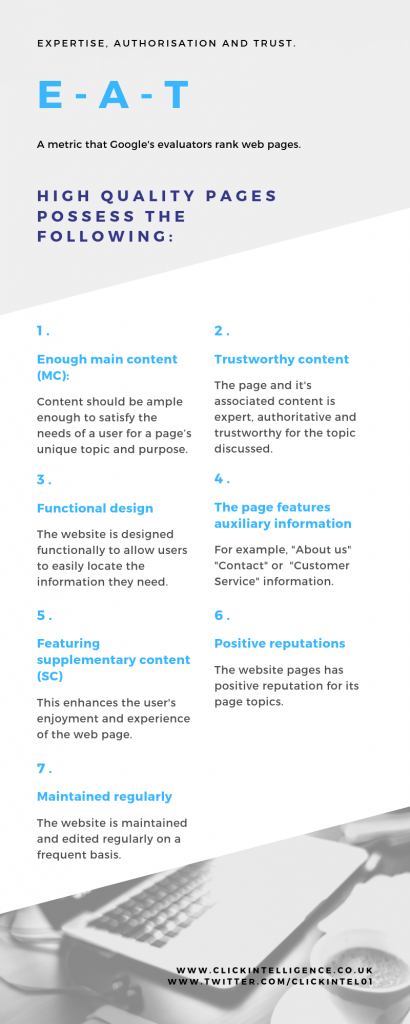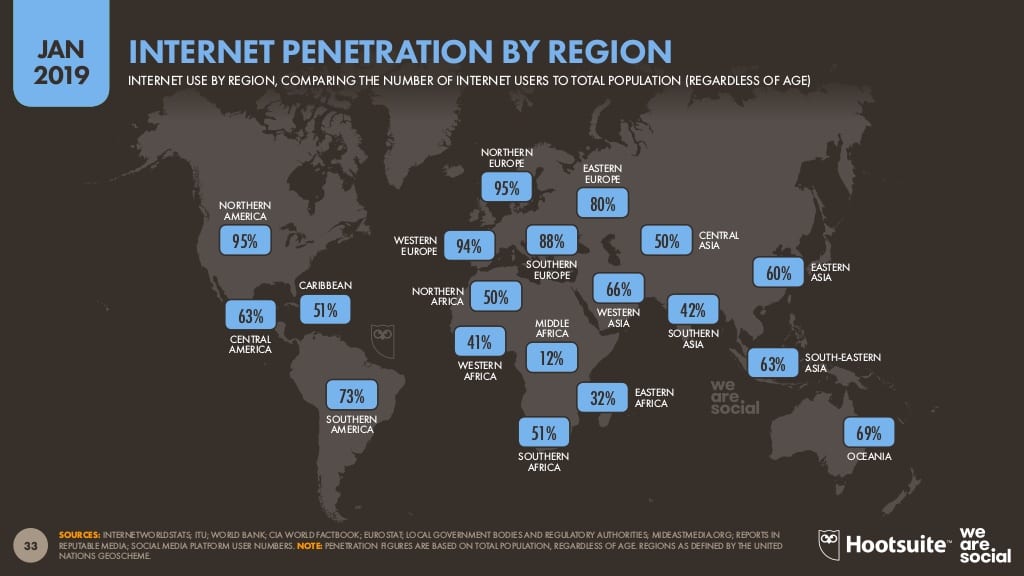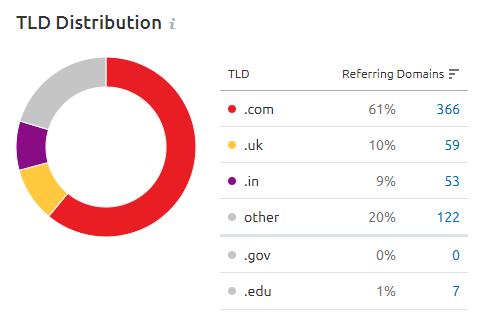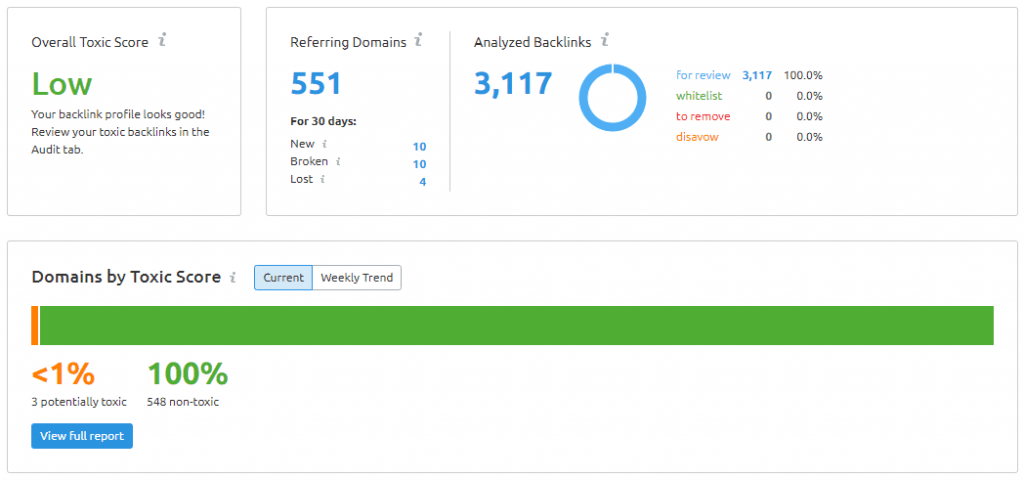What Type of Backlinks Are the Most Powerful for SEO?
Backlinks have been part of the SEO conversation for years, despite countless algorithm updates, and…
SEO is tough, right? If you’re running a business, be it a high flying international law firm, or a little local artisan pottery shop, there are a million and one things you’ll need to consider for your business to be successful. Your digital marketing strategy is part of that.
Now we’ll start off with a warning here: there are some very dark crevices of the internet where you can spend a lot of money on SEO, native and multilingual link buildingLink building is a process of acquiring links pointing to your website. These links are obtained by creating content, participating in social media or commenting on other blogs. and end up doing damage to your brand and your business, rather than improving your search engine rankings, but when you pick a good SEO agency (like us!) we will stick with the methods that will get you good results and not get you penalised further down the road.
Now that’s over, let’s dive in!
Link building is a huge part of search engine optimisation (SEO). In very simple terms: our link building packages help build SEO rankings by putting linksHyperlinks, also known as links, are the connection points on a webpage that take you to other webpages. back to your website from other websites, be it just the home page or specific landing pages in an effort to increase your domain authority and your industry trustworthiness.
Google now uses a system they have called “EAT” to check the validity of a domain and the content marketing that’s on it. EAT stands for Effectiveness, Authoritativeness, and Trustworthiness, and they are the three pillars against which your website will be judged.
These three main pillars are split up into their own separate ideas, and Google uses a system of over 200 points to measure your website’s EAT score. Building your Domain Authority score with a Google search (and in turn all over search engines like Bing and Duck Duck Go) will mean showing Google that you are effective, authoritative, and trustworthy in your niche.

You may think you have all of the info, and all of the credentials to back yourself up, but it doesn’t always translate as well online. One of the biggest places people call down is if their business is placed within the “YMYL” category, Your Money, Your Life. This specific category covers niches such as accountants, financial insurance and investment websites (your money), and medical niches such as doctors, dentists, and anyone in the nutrition and ‘health’ sector (your life).
While the above is not an exhaustive list, it does give you some idea as to the special categories Google will place your website into, and if you are a website that will fall into the YMYL category, you must make even more sure that you’re showing off your credentials. There is no way Google wants to send traffic to your website about health and nutrition if it cannot be sure that you know anything about what you’re discussing.

Improving your EAT score can feel a bit like a huge mountain to climb. How do you make an intelligent machine aware of the fact that you are an expert in your field, especially when that field may not have any specific qualifications to show that you’re an expert?
For example, if you were to host a website on a medical topic, it would actually be fairly easy to show off your credentials – you would usually have a medical degree and qualification – but if you hosted a website on a topic like camping, for example, how could you show off that you were an absolute expert in camping? Pretty much everyone did the Duke of Edingburgh award, so that isn’t going to help much!
Now expand on that thought for an international approach? What if you wanted to sell your products or services abroad? How would you tell Google that you’re an expert in your home county as well as in the countries you’d like to appeal to?
In reality, there are numerous ways you can show off your credentials, and most internet marketing gurus will fill your head with this one simple phrase: create great content, content is king.
This is true, and you should always be aiming to create great content, but the problem is getting people to see your great piece of content, and that’s the mystery that many internet marketing gurus don’t talk about.
The answer is white hat link building.
Link building is a quicker way to build backlinks and boost your domain authority online. We said quicker, but remember, it’s not an overnight fix. Good SEO is a long term strategy, but most clients DO see some results fairly soon with our link building services.
If Google can see that your website has great content on it and that there are lots of other websites pointing to it and citing it as an authority in your industry, you are more likely to rise up the SERPs (Search Engine Results Pages) because Google will be more inclined to believe you that you know what you’re talking about.
There are a number of things to consider when it comes to building backlinks, mostly you’ll need to consider a way to stay within the rules and not get your site penalised down the road. Buying a backlink building service from awful websites or duplicating your content across the internet word for word is a bad idea and will get you penalised, but there are ways to make sure this doesn’t happen.
Here are five things you should consider when you’re looking at building backlinks, and especially multilingual backlinks.
Remember that piece of advice to sort your own house out before conquering the world? This applies to your website too.
Always make sure you have built your own website up to work appropriately before you try to gain or buy backlinks from anywhere else. This also includes sorting out the different languages and writing content in the specific language and for that website.
There is no point in going out to get a thousand backlinks if even the basics on your own website aren’t sorted.
A little bit of housekeeping like ensuring your own on-page technical SEO link building services are working for you and up to date, and other simple things like your security certificate (SSL) is in date and working, will already help to contribute towards higher ranking factors across the search engines.
Remember that when people visit, Google will also be looking at whether or not they stay on your site, how long for, and what happens after they’re done.
Your ‘bounce’ rate is the user journey, and how long they spend on that page, but another term that is less usually used but vital for you to know is “pogo-sticking”. This is when people visit your site from wherever they’ve come from, stay for a few seconds, then go back to their search results presumably because you didn’t give them what they needed or what you promised. A high bounce rateBounce rate is the percentage of visitors to a website who visit only one page. A high bounce rate indicates that visitors are not satisfied with your website. is not ideal, but a high pogo-stick rate is awful!
Remember when we said content was king? Or when we at least agreed with the sentiment? Well, it absolutely is true, good content will always trump bad content, and that goes for the content on other websites pointing to yours too.
When you’re writing content for your website or for other websites to link to you, it is absolutely vital that it is original and unique content. Google will penalise you for duplicate contentDuplicate content is content that appears more than once across a single website. Duplicate content can be a sign of poor resource management, low trust, or a lack of quality control. if, for example, you posted the exact same 500-word blog article on 10 different sites.
The caveat to this one is that it doesn’t count for translated content. If you want your excellent content to rank in another country, then you can just translate the content, and there will be no penalties for that. Just be sure to use a proper translation service as poorly written content (or badly translated content in this case) will end up having a detrimental effect on your SEO.

There are some truly dreadful websites out there, from all over the world, and they will accept articles on any topic and of any quality. Don’t go with them.
Gaining a good link or two for your website can be quite a controversial topic, mainly because there are a lot of spam sites out there. Still, it is vital that if you are going to invest in multilingual link building that you build links on quality websites.
If you have a camping website, it would be pointless to get a backlink from a completely unrelated website like a coin collector! If you were to do this, then Google will eventually penalise websites that have bad, or ‘toxic’, backlinks.
With multilingual link building, in particular, it is really important to be mindful of the cultural environment before deciding to expand your horizons.
This mindfulness appeals not only to the product or service you wish to sell but also to the way in which you wish to sell it. Even similar cultures like the US and UK have very different approaches to customer service. While the US may find a very ‘salesy’ service appealing, UK customers are more likely to want to be left alone to quietly contemplate their decision; pushing them will result in them turning off.
When you’re considering expanding your product or service offering worldwide, it’s important to note cultures that may not be as receptive to your product. So you should not aim to upset anyone by pitching to those countries. It’s also important to note cultures that may be really on board with your product, and, for those countries, you may wish to consider designing content specifically for them.
If you’re concerned about your product or service or how to reach out, it helps to have a team of experts who can help you here. We have lots of experience in this area and will ensure that we give you the right advice on this very important but quite sensitive topic.

Last but not least, think about the quality of your backlink over the number of your backlinks.
As we mentioned above, duplicating content (in the same language) across lots of low-quality websites may actually end up doing your business or brand more harm in the long run, but so will low quality backlinks.
Low-quality backlinks come in two forms:
Services such as SEMRush can help you see your toxic backlinks, but in this case, prevention is better than a cure. It’s much better to start out with high-quality backlinks, and as an expert link building agency, that’s exactly what you will get with us.
One of the other issues with the low-quality websites is also the types of articles they will accept. Usually, they won’t even check the quality of the articles, and you may end up with a link from something put through a text spinner, resulting in something that is barely even readable, let alone helpful. This isn’t good for your SEO or your brand reputation.

Link building is an important step on the road to building your SEO services and your domain authority, and, when done right, it can be a real benefit to your brand.
Multilingual link building is very much the same as traditional link building services, but the content is translated into the appropriate language and placed on the appropriate websites, always being mindful of the quality of the translation as well as the quality and validity of the website you’re being placed on.
Multilingual link building isn’t for everyone, and you will probably only need to consider this if you are looking to expand your business overseas, but with the explosion of services being offered now, everything from virtual yoga lessons to online tutoring, the world has suddenly become a much smaller place!
Seasonality can have a huge effect on the success of your business. It is imperative to have a strong digital marketing campaign during periods of high consumer demand.
Download our free Millionaires SEO Guide Today!
While the fundamentals of SEO remain the same no matter the size of your business, if you are an enterprise…